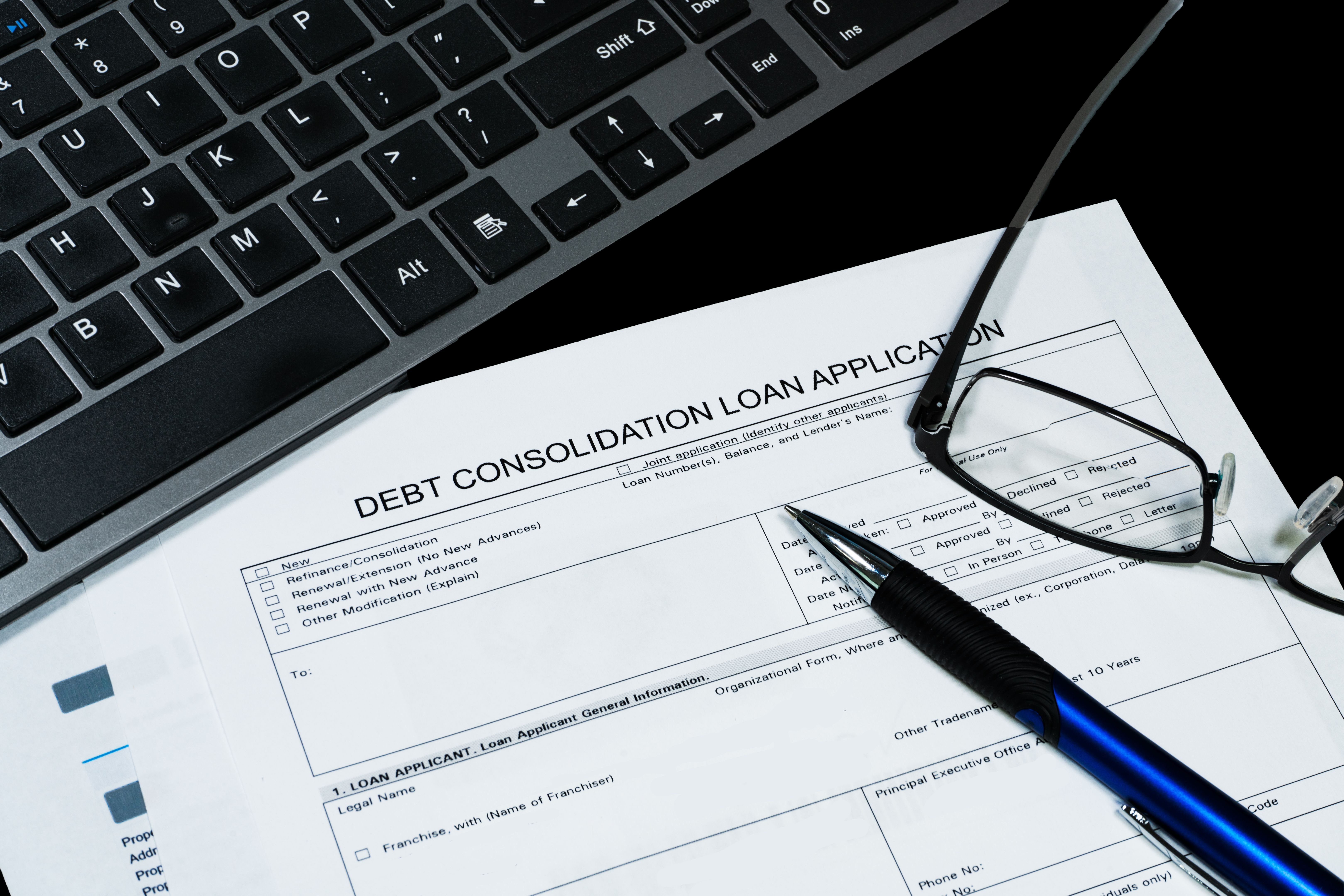Simplifying Finances: Understanding Debt Consolidation
Understanding Debt Consolidation
Managing multiple debts can be overwhelming, especially when juggling different interest rates, payment dates, and creditors. Debt consolidation is a financial strategy that aims to simplify this process by combining several loans or outstanding debts into a single, manageable payment plan. This approach not only makes it easier to keep track of payments but can also potentially reduce the overall interest rate and monthly payment amount.

How Debt Consolidation Works
Debt consolidation typically involves taking out a new loan to pay off existing debts. This new loan ideally has a lower interest rate, which can save money over time. Common forms of debt consolidation include personal loans, balance transfer credit cards, and home equity loans. It's important to carefully assess the terms and conditions of the new loan to ensure it is a beneficial option.
By consolidating your debts, you may benefit from a more straightforward repayment process. Instead of managing multiple payments each month, you make a single payment towards the new loan. This can reduce the chance of missing payments and help you maintain a healthier credit score.
Types of Debt Consolidation Loans
There are several types of loans available for debt consolidation, each with its own advantages and considerations:
- Personal Loans: Offered by banks and credit unions, these loans are unsecured and do not require collateral. They can be used to consolidate various types of debt.
- Balance Transfer Credit Cards: These credit cards offer low or 0% introductory interest rates for a limited period. Transferring existing debts to such a card can save on interest if paid off within the promotional period.
- Home Equity Loans: By borrowing against the equity in your home, these loans often offer lower interest rates. However, they require your home as collateral, increasing risk.

Assessing the Benefits
The primary benefit of debt consolidation is the possibility of reducing your overall interest rate, which can lead to significant savings over the life of the loan. Additionally, having a single monthly payment can make budgeting easier and less stressful. For individuals who struggle with managing multiple due dates and varying payment amounts, debt consolidation offers a streamlined alternative.
However, it's crucial to evaluate whether debt consolidation aligns with your financial goals. While it can simplify payments, it's essential to address any underlying spending habits or financial behaviors that led to accumulating multiple debts in the first place.
Potential Drawbacks
While debt consolidation offers several advantages, there are potential downsides to consider. For instance, extending the loan term might lower monthly payments but could result in paying more interest over time. Additionally, some loans may come with upfront fees or penalties for early repayment, which should be factored into your decision.

Moreover, using secured loans like home equity loans for debt consolidation involves risks such as losing your home if you fail to make payments. It's vital to carefully weigh these factors and consult with a financial advisor if necessary.
Is Debt Consolidation Right for You?
Deciding whether debt consolidation is the right option depends on your individual financial situation. Consider factors such as your total debt amount, income stability, credit score, and ability to commit to a repayment plan. If you're disciplined in managing finances and committed to avoiding future debt accumulation, consolidation might be an effective tool for achieving financial stability.
Ultimately, it's essential to thoroughly research and understand the terms of any new loan or credit card before proceeding with debt consolidation. With careful planning and responsible financial management, it can be a valuable strategy in simplifying finances and taking control of debt.
